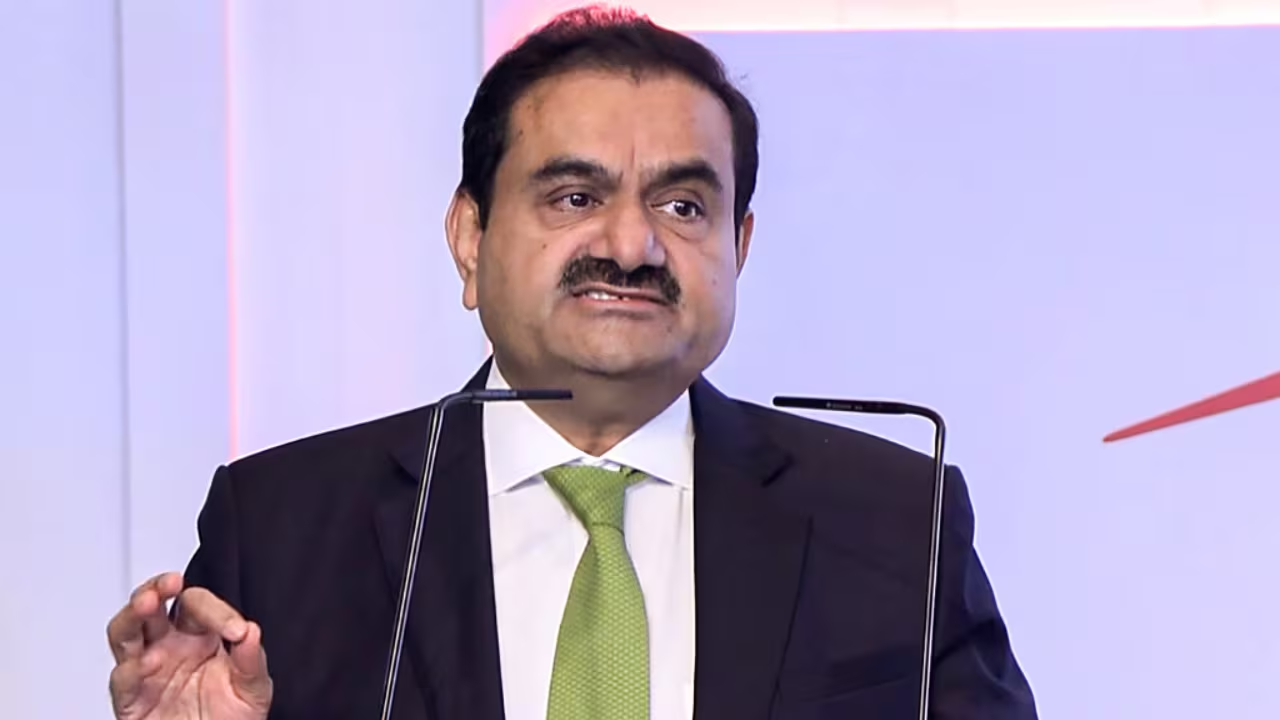Zero tax regime in the UAE draws Indian entrepreneurs seeking global growth and financial optimisation
A growing number of Indian digital entrepreneurs and freelancers are shifting base to the United Arab Emirates—particularly Dubai—drawn by its zero per cent income tax policy and investor-friendly climate. The move is increasingly being seen as a strategic financial decision in response to India’s high tax rates on global income, reported livemint.com.
UAE’s tax-free model attracts Indian digital-first entrepreneurs.
From SaaS founders in Bengaluru and YouTubers in Pune to agency owners in Delhi, an emerging class of location-agnostic Indian entrepreneurs is embracing Dubai not just for its lifestyle benefits, but to build compliant and tax-efficient offshore businesses. India currently taxes up to 30% of global income, significantly cutting into earnings for professionals with international clients.
In contrast, the UAE offers a 0% tax on personal income and capital gains, making it a top choice for digital-savvy professionals seeking better financial structures.
-
“There’s a clear shift as more Indian freelancers, tech founders, and agency owners are choosing UAE residency as a smart financial strategy,” says Varun Singh, MD of XIPHIAS Immigration.
-
“With India’s 30% tax on global income, setting up in Dubai is fast becoming the norm for globally earning digital entrepreneurs.”
As of 2025, around 4 million Indians live in the UAE—half of them in Dubai—though exact figures on how many are freelancers or self-employed professionals are unavailable.
Planning a move? Know the compliance rules before relocating to Dubai
Entrepreneurs looking to make this shift must consider several legal and financial factors:
- Tax Residency: Stay fewer than 182 days in India per fiscal year to avoid being classified as an Indian tax resident.
- Business Substance: Ensure operational presence in the UAE—staff, office space (even co-working), and decision-making should happen there.
- POEM Compliance: Strategic decisions, board meetings, and financial control must happen outside India.
- Banking and Invoicing: Maintain separate Indian and UAE accounts. Clients should pay into UAE-based business accounts.
- DTAA Framework: Use the India-UAE Double Taxation Avoidance Agreement to prevent double taxation, but only with proper legal structure and adherence to both countries’ laws.
As India sharpens tax surveillance with digital tools like AIS, TDS, and global information exchange, a move to the UAE isn’t about tax evasion—it’s about smart, legal restructuring. Done right, and with the right legal advice, it offers scalability, compliance, and peace of mind for global-first entrepreneurs.








